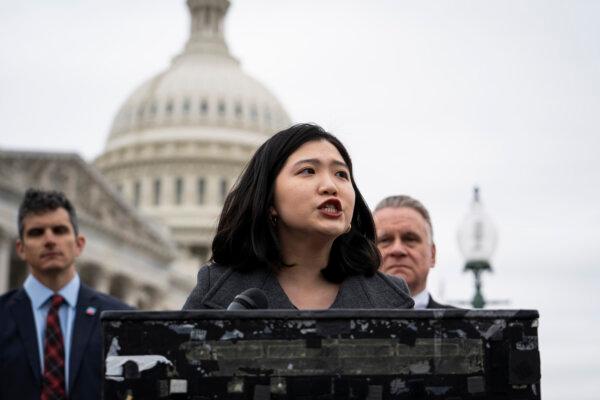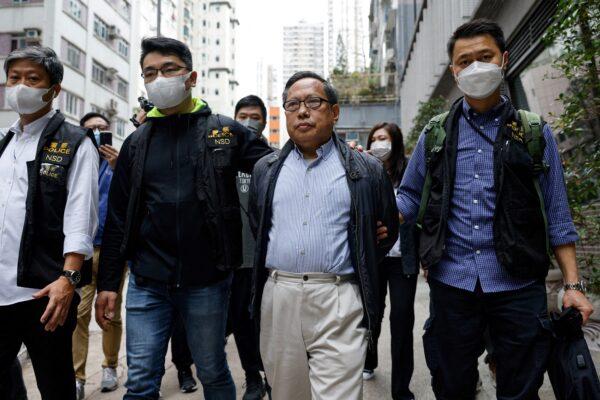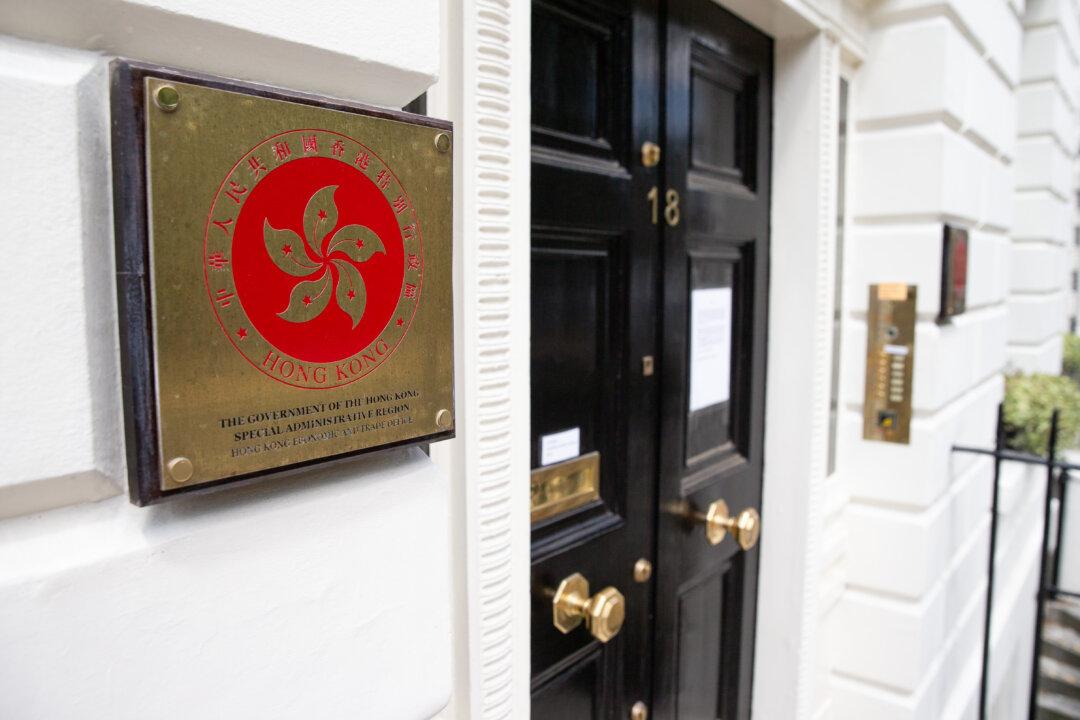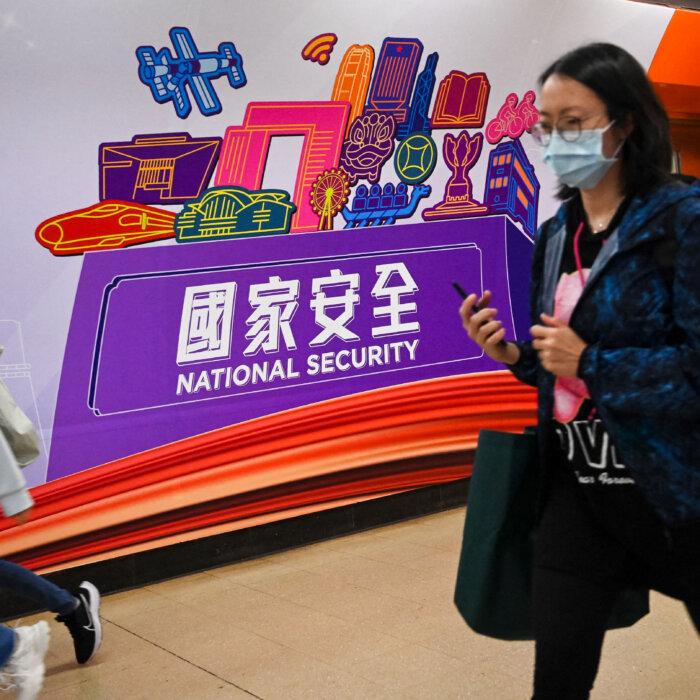The U.S. House of Representatives has passed a bill that could revoke the privileges of the Hong Kong Economic and Trade Offices and lead to their closure in the United States.
Observers say it will have a considerable effect on the ruling Chinese Communist Party (CCP) and its financial interests.
The bipartisan Hong Kong Economic and Trade Office (HKETO) Certification Act was passed on Sept. 10, with an overwhelming vote of 413 to 3.
According to the bill, if the U.S. government determines that these three HKETOs “no longer merit extension and application of [their] privileges, exemptions, and immunities,” their operation will be terminated within 180 days. If the U.S. government believes that the HKETOs are meeting the standards, they will be able to extend operations for a year until the next assessment.
The bill was co-sponsored by Rep. Chris Smith (R-N.J.), chairman of the U.S. Congressional-Executive Commission on China, and Rep. Jim McGovern (D-Mass.). It’s the first time that the U.S. Congress has taken legislative action on Hong Kong, since the region passed National Security Ordinance Article 23 in March, which allows the CCP to further encroach on human rights and freedom.
Smith said at a hearing on Sept. 10 that the legislation is “a necessary next step in tangibly demonstrating our solidarity with the persecuted citizens of Hong Kong,” which include jailed media tycoon Jimmy Lai, activist Joshua Wong, and human rights lawyer Tonyee Chow.
“Three years after the CCP imposed the national security law on Hong Kong, we must deal with this new reality,” he said.
“The Hong Kong all of us knew and respected is gone,” and the city that was once a bastion of freedom in a sea of oppression “is now governed by the CCP puppets who have become as repressive as their masters in Beijing,” he said.
“These offices serve as Beijing’s propaganda arm in the United States, defending and dismantling the freedom of Hong Kong and obscuring the truth,” he added.
In 2019, millions of Hong Kong citizens protested against the CCP’s extradition law to protect their human rights and judicial independence in Hong Kong. The movement was suppressed by the CCP-backed Hong Kong Police, followed by Beijing’s imposition of a sweeping national security law in 2020.
The bill must pass the U.S. Senate before it can be sent to President Joe Biden to be signed into law.
Anna Kwok, who is executive director of the Hong Kong Democracy Council and has a $128,000 bounty on her head for allegedly violating the national security law, welcomed the bill, as it “serves as a much-needed response to hold the Hong Kong government accountable for their blatant human-rights abuses.”

CCP Foreign Ministry spokeswoman Mao Ning responded to the bill on Sept. 11 at a regular press briefing in Beijing, saying, “We strongly deplore and firmly oppose the U.S.’s egregious move of manipulating Hong Kong-related issues.”
The Hong Kong government said in a statement on Sept. 11 that it “strongly condemned” the U.S. House for using the act “to slander laws on safeguarding national security in Hong Kong and smear the human rights situation in Hong Kong,” and that it “grossly interferes in the affairs of Hong Kong.”
Effect on CCP
Kung Shan-Son, assistant research fellow at Taiwan’s Institute for National Defense and Security Research, told The Epoch Times on Sept. 12 that the CCP protested because “if the Hong Kong representative offices in the United States are closed, it will impede Hong Kong attracting foreign investment and there will be fewer bases for Hong Kong government personnel operating in the United States.”Chen Shih-min, associate professor of political science at the National Taiwan University, told The Epoch Times on Sept. 12 that after the passing of the national security law in 2020, “it’s obvious that Hong Kong’s political freedom and rule of law have been destroyed.”
“Some people even think that Hong Kong has actually become similar to Shenzhen [in China] now,” Chen said.

Chen said that since then, the CCP has further tightened its grip on Hong Kong and that more than 300 Hongkongers have been arrested and sentenced under the national security law.
For Western countries, Chen said, “Hong Kong has lost its status as independent customs territory because, obviously, it no longer has a high degree of autonomy.”
As for the act’s consequences, Chen said it will be a blow to the CCP “because a considerable amount of funds have been transferred to China through Hong Kong as it’s a free trade zone.”
China has also used Hong Kong’s preferential tariff and some of the trade privileges to export its goods to the West through it, Chen said.
China’s financial industry will also be affected, Chen said, since transactions between China and other countries have gone through Hong Kong.
“When Hong Kong loses this status, it’s hard for China’s financial services industry that was highly controlled by Beijing to survive in the international community,“ he said. ”It will only circulate within China.”
Another consequence is that CCP officials will no longer be able to transfer money illegally obtained in China through Hong Kong to other countries, Chen said.






